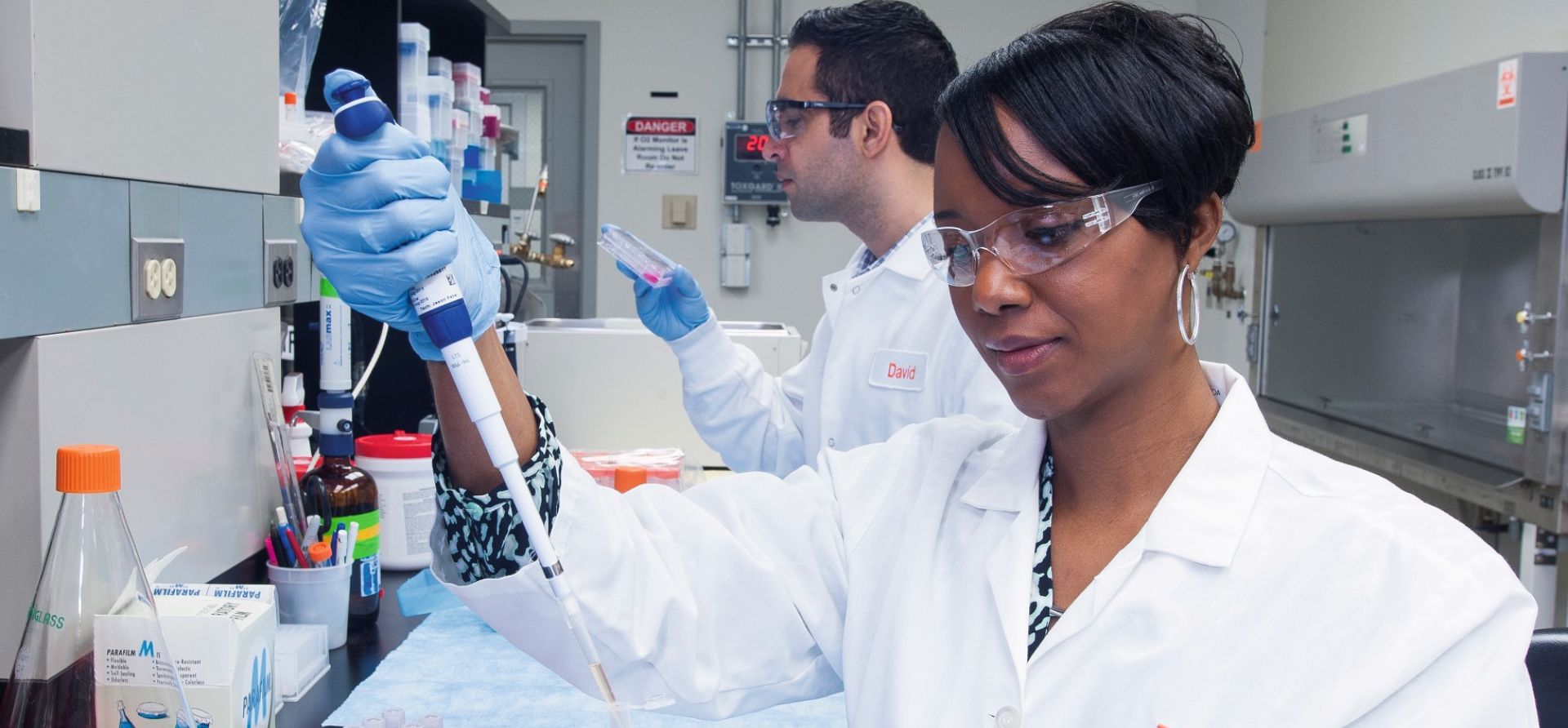
Big Data Can Improve One Health Bio-Surveillance and Understanding of Disease Dynamics
To kick-off the U.K. International Coronavirus Network’s annual meeting held this year at the Institute of Microbiology and Immunology, Faculty of Medicine, University of Ljulbjana, Slovenia, from September 13-15, Zoetis sponsored a workshop titled “Coronaviruses at Multiple Scales: Molecules to Population.” Bringing together scientists from human health and animal health across government, academic and private sectors, the data-driven workshop gave an overview of coronavirus research at multiple scales. Presentations and discussions focused on current challenges around big data, how to utilize existing information, and the future of big data in an era of artificial intelligence (AI) and machine learning.
John Hardham, Ph.D., Director of the Center for Transboundary and Emerging Diseases (CTED) at Zoetis, chaired the opening session and wrapped up the workshop with a keynote that pointed to the need for integrated bio-surveillance to truly support a One Health approach to tracking coronaviruses.
“Harnessing the power of big data could help us get a more accurate picture and get ahead of the curve to address new coronaviruses quickly as they emerge,” said Dr. Hardham. “Veterinary and human health surveillance looks different and doesn’t cross talk. An integrated global approach would improve our collective ability to detect earlier and respond more rapidly, develop vaccines that may be needed, track variants and mutations, and continue to understand disease dynamics.”
While the recent COVID-19 pandemic put a spotlight on coronaviruses, this family of viruses was not new to either human or animal health. Coronaviruses have been classified as Alpha, Beta, Gamma, and Delta, and Zoetis has a long history of surveilling and developing vaccines that can help protect animals against coronaviruses. In 2014, the company quickly developed a vaccine for porcine epidemic diarrhea virus (PEDv), an AlphaCoronavirus. Another AlphaCoronavirus for which Zoetis has developed a vaccine is the feline infectious peritonitis (FIP) virus. Meanwhile, in poultry, Infectious Bronchitis Virus is a GammaCoronavirus commonly vaccinated against, and Swine DeltaCoronavirus causes a gastroenteritis in pigs similar to but slightly less virulent than PEDv.
The most recent and well-known coronavirus is, of course, the SARS-COV-2 or COVID-19, which is a BetaCoronavirus. Even with veterinary cases of COVID-19 under-tracked and under-reported, COVID-19 has been confirmed in 30 different non-human animal species. In early 2020, when the first dog was confirmed with COVID-19 in Hong Kong, Zoetis’ scientists quickly got to work and developed a COVID vaccine for animals which was approved in 2021 for use in certain zoo animals on a case-by-case basis by the United States Department of Agriculture (USDA) and the appropriate state veterinarians. Since then, we are proud to have donated over 26,000 doses of our experimental COVID-19 vaccine to over 200 zoos, and 20 conservatories, sanctuaries and other animal organizations located in over a dozen countries including Canada, Chile and the U.S. Once the COVID-19 received a Conditional License in the U.S., Zoetis made ~80,000 doses of the Mink Coronavirus Vaccine, Subunit available for donation to zoos, conservatories, aquariums, and other animal organizations. This animal only COVID vaccine has been used to help protect the health and well-being of more than 300 mammalian species in zoos and sanctuaries.
Surveillance is key. Through the CTED, Zoetis strives to be the first to know and fast to market with vaccines when needed. The company’s scientists work closely with leaders from government, health organizations, and the veterinary and livestock agricultural communities to identify infectious disease threats early. The CTED is watching approximately 200 diseases identified by the World Health Organization as zoonotic, including Avian Influenza, Rabies, Lyme disease, West Nile Virus, and coronaviruses including SARS-CoV-2. Leveraging capabilities in big data can help us continue to live our purpose at Zoetis – to nurture the world and humankind by advancing care for animals.